Life
Sign up for our newsletter
We summarize the week's scientific breakthroughs every Thursday.
-
 Microbes
MicrobesIf bacteria band together, they can survive for years in space
Tiny clumps of bacteria can survive at least three years in outer space, raising the prospect of interplanetary travel by microbial life.
-
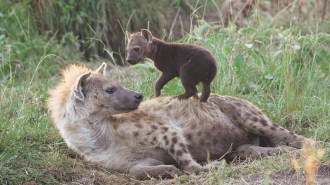 Animals
AnimalsFemale hyenas kill off cubs in their own clans
Along with starvation and mauling by lions, infanticide leads as a cause of hyena cub death. Such killings may serve to enforce the social order.
-
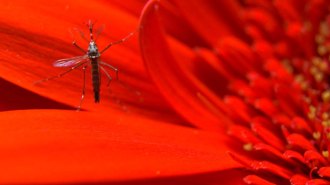 Animals
AnimalsGenetically modified mosquitoes have been OK’d for a first U.S. test flight
After a decade of heated debate, free-flying swarms aimed at shrinking dengue-carrying mosquito populations gets a nod for 2021 in the Florida Keys.
By Susan Milius -
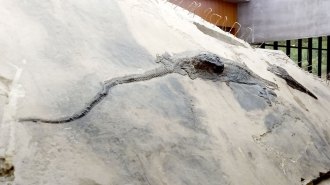 Paleontology
PaleontologyThis ichthyosaur died after devouring a creature nearly as long as itself
Ichthyosaurs, marine reptiles generally thought to munch on soft prey like cephalopods, may have chowed down on fellow big marine reptiles, too.
-
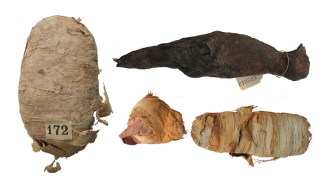 Archaeology
ArchaeologyX-rays reveal what ancient animal mummies keep under wraps
A new method of 3-D scanning mummified animals reveals life and death details for a snake, a bird and a cat.
-
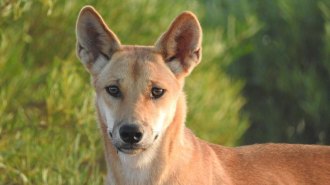 Animals
AnimalsCulling dingoes with poison may be making them bigger
Meat laced with toxic powder has been used for decades to kill dingoes. Now, dingoes in baited areas are changing: They’re getting bigger.
By Jake Buehler -
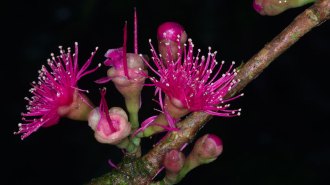 Plants
PlantsNew Guinea has more known plant species than any island in the world
In the first verified count of plants on New Guinea, a team of 99 botany experts identified more than 13,600 species.
-
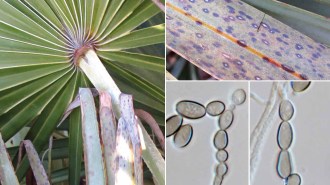 Life
LifeHow two new fungus species got named after the COVID-19 pandemic
Tiny fuzz on a beetle and fake leopard spots on palms now have Latin names that will forever nod to the new coronavirus.
By Susan Milius -
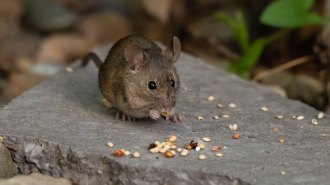 Neuroscience
NeuroscienceNewly discovered cells in mice can sense four of the five tastes
Some cells in mice can sense bitter, sweet, sour and umami. Without the cells, some flavor signals don’t get to the ultimate tastemaker — the brain.
-
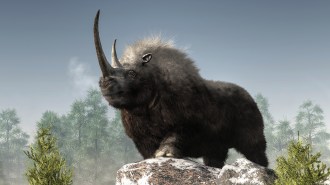 Life
LifeClimate change, not hunters, may have killed off woolly rhinos
Ancient DNA indicates that numbers of woolly rhinos held steady long after people arrived on the scene.
By Bruce Bower -
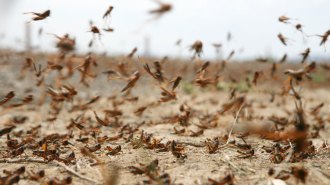 Life
LifeA single molecule may entice normally solitary locusts to form massive swarms
Scientists pinpoint a compound emitted by locusts that could inform new ways of controlling the pests.
-
 Health & Medicine
Health & MedicineHow two coronavirus drugs for cats might help humans fight COVID-19
Scientists are exploring if drugs for a disease caused by a coronavirus that infects only cats might help also people infected with the coronavirus.